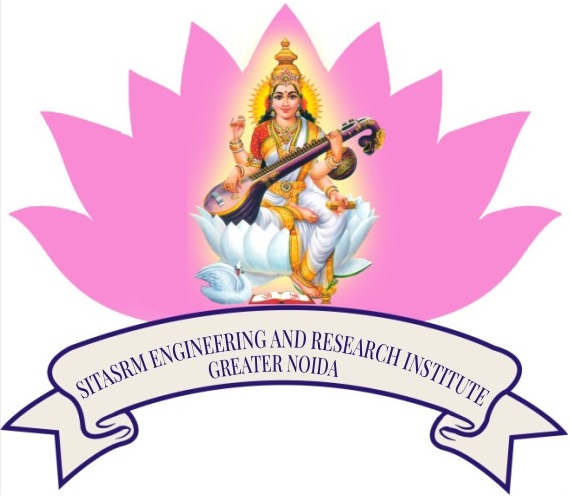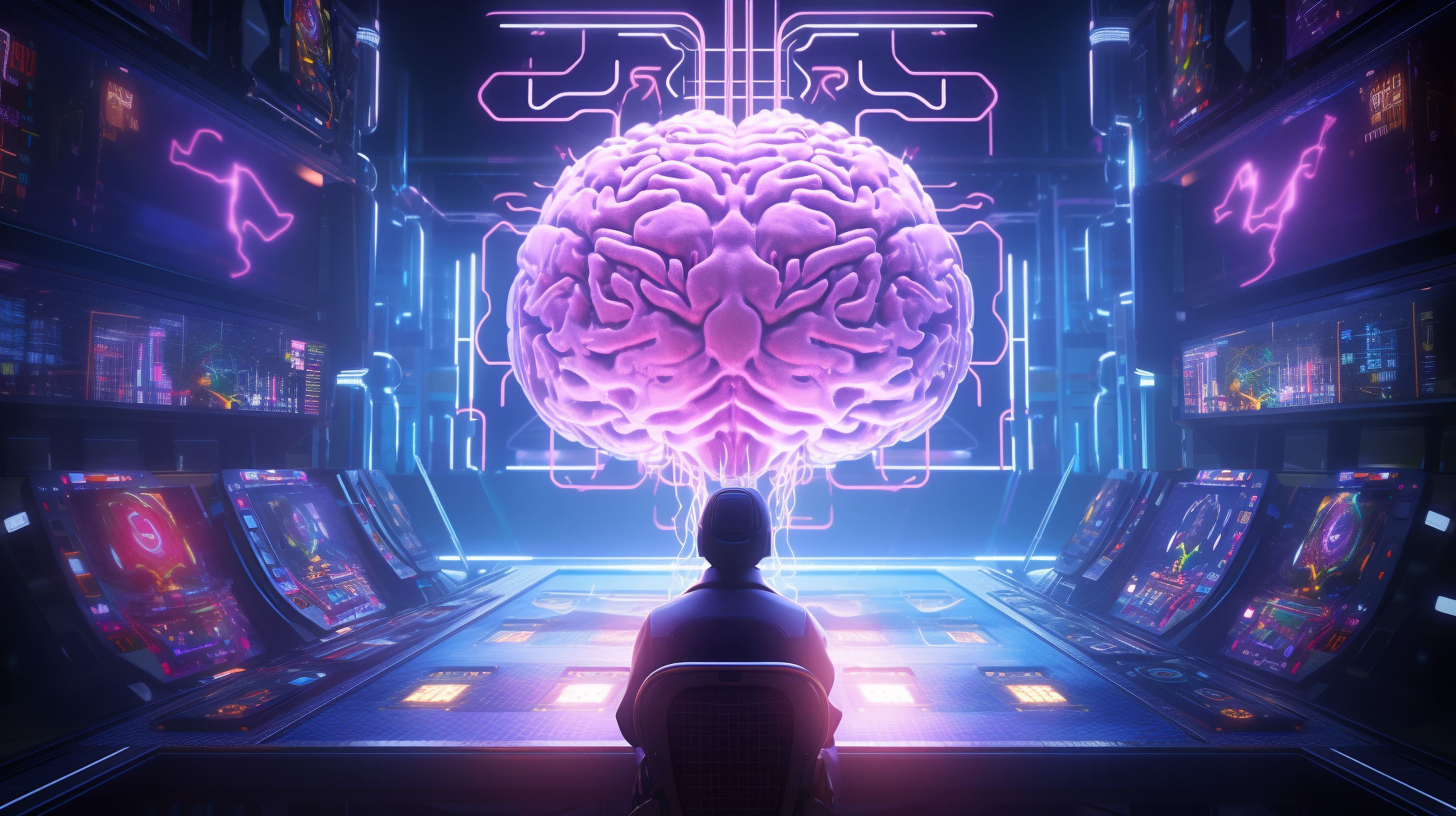 SITASRM ENGINEERING & RESEARCH INSTITUTE
SITASRM ENGINEERING & RESEARCH INSTITUTE
 SITASRM ENGINEERING
SITASRM ENGINEERING & RESEARCH INSTITUTE

SITASRM ENGINEERING & RESEARCH INSTITUTE
Menu
4 Effective Study Strategies for Engineering Students
Introduction
Engineering — the art where creativity meets coding, where innovation is born out of sleepless nights and caffeine-fueled brainstorming sessions. But between the maze of equations, circuit diagrams and cryptic coding languages, studying efficiently can seem like building a highway with no plan.
But here’s the thing: succeeding as engineering students isn’t just about endlessly grinding through text-books or pull-off all-nighters fueled behind spiral noodles.
Advanced learning simplifies thought processes, allowing better solutions to complex issues. All of this with balancing the plurality of micro-assignments required to complete your engineering studies successfully, alongside remaining happy, interested, and even, you know, being sane.
In this blog, we look at the practical and proven strategies that are set to change your study game. If you’re diving into thermodynamics, deciphering cryptography, or mastering mechanics, this guide will provide you with the tools you need; not just to survive computer engineering student life, but to excel and separate yourself as the next great innovator.
Ready to engineer your path to academic success? Read on to discover unexplored study strategies.
Strategy #1: Understand by Heart, not Memorize!
Understanding whole-heartedly allows us to realize that concepts matter far more than rote memorization. It is simply due to the fact that engineering is based on logic and work. Instead of memorizing, spend the time needed to understand the logic behind the formulas and the theories. Focus on the "why" for every idea, because this method doesn't only helps you to gain in-depth knowledge but also allows you to tackle complex issues effortlessly in the exam.
Use real-life examples to relate abstract concepts to situations; explain how a physics formula works with things around us, or relate theoretical electrical concepts to actual products. Diagrams and flowcharts are also great way to grasp these concepts better. By mastering the fundamentals, you position yourself to adapt, analyze, and prepare yourself for every facet of engineering, and the challenges you will face down the road in your career. Stop focusing on memorizing facts and start focusing on principles — it’s the key to long lasting success.
Strategy #2: Active Learning and Comprehensive Note-taking
To excel in a challenging but fulfilling career, an engineering education requires a diverse array of strategies, including active learning, collaboration, and extensive note-taking.
Be active by partaking in theoretical quizzes and then applying what you learn to issues. And both remote and physical labs are good revision aides; use them to shore up your knowledge. By practicing on a regular basis, you will improve your problem-solving skills and gain more confidence in applying engineering principles in practical scenarios.
-
Collaborative Learning: Exchange your ideas in team meetings and project collaboration sessions to open communication, generate collaborative solutions to problems. Forums showcase tolerance and a great environment for questions and learning from each other.
-
Active Note taking: Invest in comprehensive note taking to formalize your learning process. Structured notes allow you to better understand what was taught and where you need to focus more on.
Active note taking enhances concentration, increases retention of information, and helps students engage more meaningfully with course curriculum. Use even more visuals such as flow charts, digraphs, graphs etc. to better understand complex ideas and make them easier to grasp.
By incorporating these techniques, you’ll be not only academically successful, but also show the critical thinking and teamwork that speaks towards your success in engineering.
Strategy #3: Seek New Challenges, Don’t Pause your Professional Development
One of the keys to personal growth, and professional growth as well, is to continually accomplish more than you have previously. If you are a student, this is the right time for you to explore various roles in a job and take up challenging projects or assignments. This will reveal both your strengths and weaknesses and allow you to identify your core passion in being engineering students. Exploring different domains of work will allow you to make informed decisions about your career and choose a job you love and would want to pursue long-term.
The second part is to never stop developing yourself professionally. Graduation does not mark the end of learning — it is only the start. The field of engineering is wide and always changing, making it important to have your knowledge grow as well. Choose a subject and deepen your knowledge to study it further, collect ideas or perhaps take up a certification course. From better job offers to continuous adaptability on the job, lifelong learning helps you achieve them all.
Strategy #4: Keep a Consistent Study Routine
Being consistent with your study routine is important for engineering students. You can do so by:
-
Creating a realistic daily or weekly schedule
-
Prioritize on tough subjects that you feel and work on deadlines
-
Break study sessions into 25-45 minute gaps. Use Pomodoro Technique, and include 5-10 minutes of breaks during study schedules. This will ease in fatigue
-
Review concepts regularly to boost your power of retention and stress reduction
Following above tips can ensure steady syllabus coverage, and will minimize the need for last-minute cramming. A well organized and well-planned routine will not only improve your focus in studies but also equip you to manage your workload efficiently. Ultimately it will set the stage for your academic success.
In Conclusion,
Being successful as an engineering student is not just working hard; it is literally being strategic with your studies to figure out the labyrinth that is an engineering class. Understanding over memorizing facts, practicing active learning and collaborating with others — all help you establish a great base to future academic/professional success. You want to be prepared to face challenges and embrace the life-long learner to ensure that you never get too stale as this is a dynamic field. The second is to establish a study burden, the need to do it consistently every day; to tolerate last-minute teaching. Using these techniques, students of Computer Engineering or any other stream engineering students can not only withstand the course but also blossom into innovative future-ready individuals.
















































